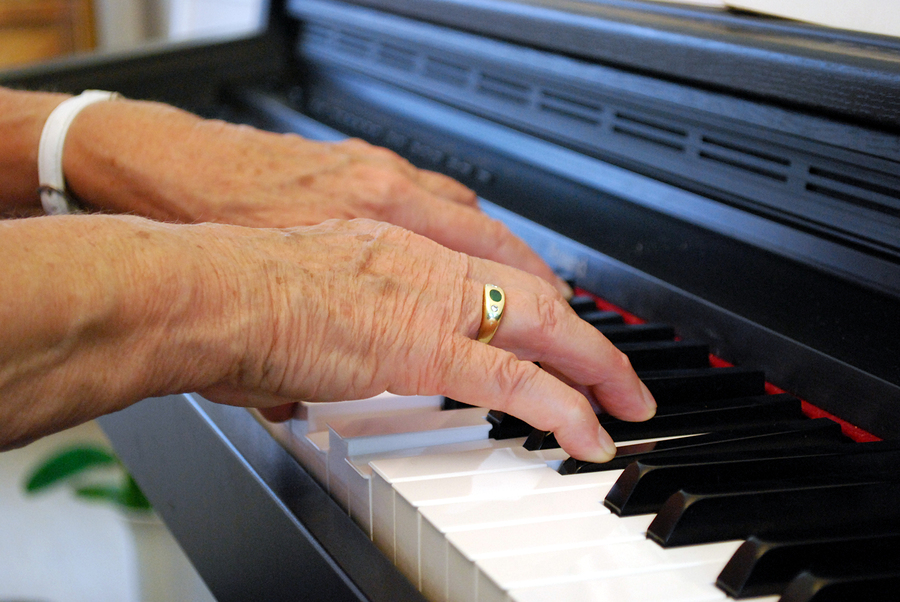Exploring the Benefits of Music Therapy for Seniors Aging in Place

Music has always been an integral part of human culture, with the ability to evoke emotions and stir memories. But music is not just a source of entertainment or a way to pass the time. It can also have therapeutic benefits, especially for aging adults. Music therapy is a type of complementary therapy that uses music to address physical, emotional, and cognitive needs. When used alongside other tools, like companion care at home, music becomes even more helpful. Formal music therapy with a therapist might not be necessary, since regularly listening to music can have some of the same benefits.
Promoting Relaxation
Music has the power to promote relaxation and reduce stress. It can also cause people to experience other emotions and be more active. It’s a powerful tool for just about everyone. In seniors, music therapy can help lower blood pressure, decrease heart rate, and reduce muscle tension. When seniors are feeling anxious or agitated, music therapy can help soothe them and promote feelings of calmness and relaxation. The key is to find music that the person enjoys and wants to listen to regularly.
Reducing Anxiety and Depression
It’s common for seniors to experience feelings of loneliness, anxiety, and depression, especially if they are aging in place on their own. Music therapy can help reduce symptoms of anxiety and depression by engaging the brain and providing a distraction from negative thoughts. Music therapy can also lower anxiety levels in seniors with dementia, and it can improve mood and increase feelings of well-being. Combining music with companion care at home offers multiple benefits all at once.
Enhancing Cognitive Function
Cognitive decline is a common concern for seniors, but music therapy can help enhance cognitive function and memory. Music has been shown to stimulate areas of the brain associated with memory and learning. Listening to music regularly can boost cognitive function as well as mood, leaving seniors feeling happier and stronger mentally. This can be a huge concern for seniors who worry that their memory is not working the way it did in the past. People who want to age in place feel more comfortable doing so when they’ve got tools in hand to keep their brains strong and engaged.
Implementing Music Therapy at Home for Seniors
Music therapy can be easily implemented into any home situation. Trained music therapists work with seniors one-on-one or in a group setting to develop personalized music therapy plans that address their specific needs. But family caregivers can incorporate music into their senior’s daily routine by playing music during mealtimes or engaging seniors in music-based activities. It’s also easy for home care providers to use music in the same ways to boost well-being while helping seniors.
Whether it’s formal or informal, music therapy is a valuable tool for promoting relaxation, reducing anxiety and depression, and enhancing cognitive function in seniors aging in place. Pairing music therapy with companion care at home can have huge benefits for seniors who are feeling lonely and isolated, helping them to connect with the world around them.
Subscribe
Date: March 24, 2023


